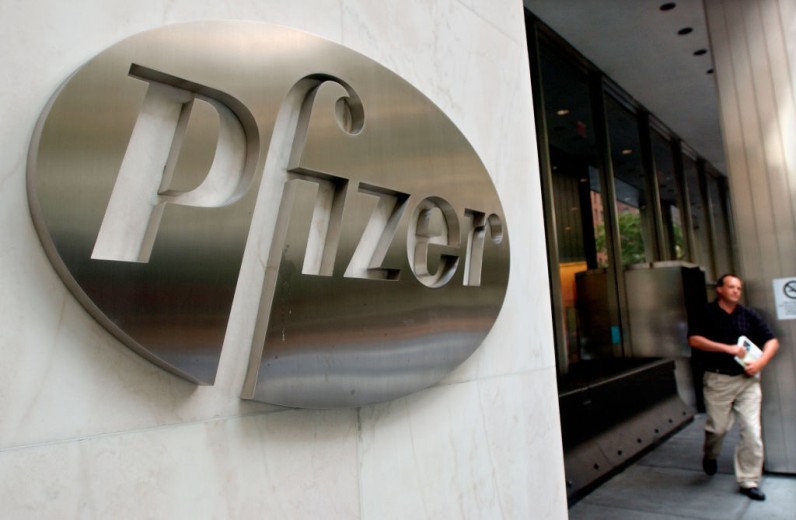
The US drugmaker Pfizer has recently unveiled a new initiative to reduce its expenses significantly. The company plans to achieve savings of approximately $1.5 billion by the end of 2027, building upon its previously announced $4 billion cost-cutting plan from last year.
Investor sentiment towards Pfizer has soured as concerns surrounding the pandemic have eased and the company's COVID-19 vaccine and treatment sales have dwindled, resulting in a significant outflow of funds.
Pfizer Expands Cost-Cutting Plans
The company made a significant move by acquiring cancer drugmaker Seagen for a whopping $43 billion. Additionally, Pfizer implemented cost-cutting measures and underwent an internal restructuring.
According to Reuters, Pfizer's shares saw a 2.6% increase, reaching $29.30 in the afternoon. Their current performance remains approximately 24% lower compared to the previous year, with only about half of their peak value during the pandemic in December 2021.
Pfizer announced the information on Wednesday in a filing with the Securities and Exchange Commission.
The company announced that it would incur significant charges, primarily for severance and implementation costs, totaling $1.7 billion as part of the new program. The charges are projected to be recorded primarily this year, while the actual cash outlays are anticipated to occur in 2025 and 2026.
Pfizer Aims to Boost Investor Confidence
A spokesperson informed CNBC that Pfizer expects the program to include improvements to their product portfolio and adjustments to their manufacturing and supply network.
In its filing, Pfizer mentioned that due to the intricacies of manufacturing and the time it takes to implement changes, this program will be carried out in multiple phases.
Pfizer is making efforts to boost investor confidence following a significant decline in its shares in 2023, which resulted in it being the pharmaceutical stock with the poorest performance last year. Pfizer's market value took a significant hit as the share drop wiped out over $100 billion.
Amidst a decline in demand for COVID-19 products, Pfizer faced disappointment from Wall Street due to the lackluster debut of a new RSV shot, a weight loss pill that failed to meet expectations in clinical trials, and a 2024 forecast that fell short of projections.
Pfizer's first-quarter revenue and adjusted profit exceeded expectations, leading to increased investor satisfaction. Additionally, the company raised its full-year earnings outlook, further boosting confidence in its performance. The pharmaceutical company expressed its strong belief in its business and its ability to reduce expenses, as reflected in its updated profit guidance.






Join the Conversation